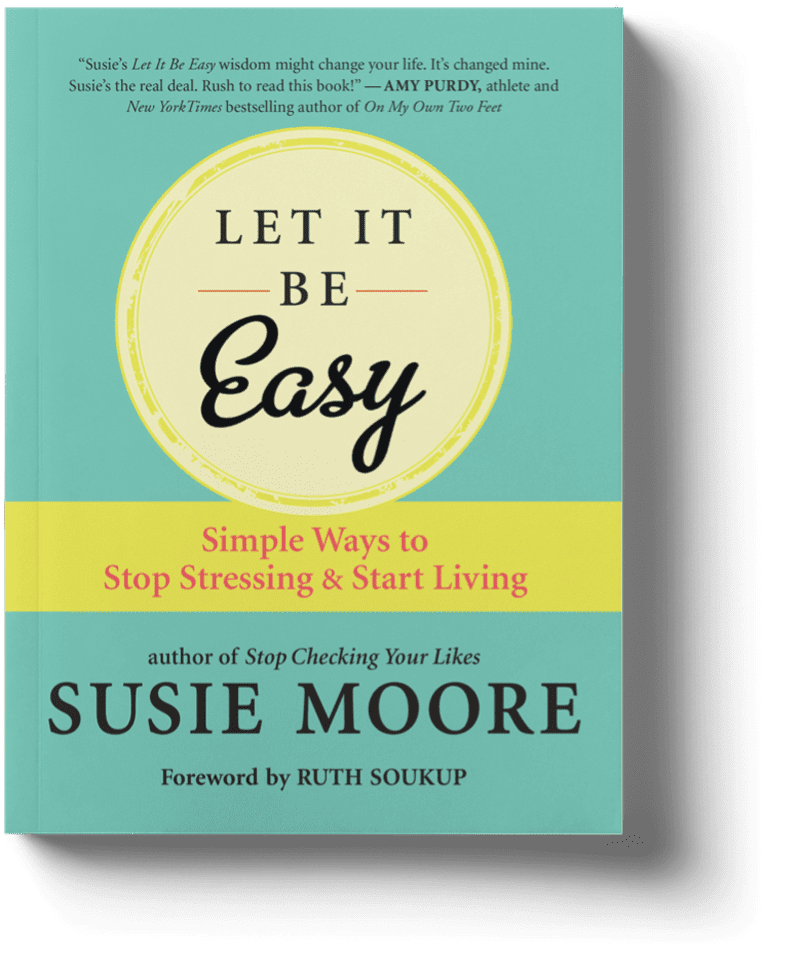Look at the most productive areas—say, anything with a rating of eight or more. Ask yourself, “What am I doing differently in these areas?” List five things that contributed to the success for each of these positive areas. For example, if you feel great about the family and spiritual aspects of your life, your reasons might look like this:
This exercise unearths what we do well most of the time. As Aristotle said, “We are what we repeatedly do. Excellence therefore is not an act but a habit.”
Spend a week observing your habits in the strongest area or two. Write notes in your phone every time you make an observation. Don’t gloss over them just because they might come easily to you. Break it down as much as you can. Why is it exactly that you have such close friendships or a killer career? Try to list 20 to 25 things that you notice over the course of the next seven days. For example, here are a few observations I made that contribute to my happy marriage:
- No TV or distractions at dinner time—it’s our time to connect and talk.
- I apologize quickly after I snap or act impatiently.
- I treat him to small surprise gifts.
- I tell him frequently that I appreciate him (and specifically why).
- I complain less about his lateness (this one is very hard for me as I am uber-punctual, but I try!).
My relationship is the one thing that I am most grateful for: My husband is my family. That is why I make our marriage a priority. Which leads us to…
4. Find your “why” and notice how this affects your choices.
When you are clear on what’s going right in your life, uncover your motivation. All success is created by a belief or a vision, whether or not you are consciously aware of it. Without a vision for your life, you fall into destructive short-term thinking by default, seeking stimulation and short-term gratification (“Sure, I’ll have that doughnut!” or “Actually I really do need a $200 white t-shirt!”).
People who always maintain a healthy weight or bank account balance, for instance, allow their why to keep them on track with day-to-day decision making. I have a friend who orders a salad for lunch every single day—rain, shine, or hangover. Her why is so ingrained that her decision is automatic. Get clear on your why for the areas that you are proud of.
Maybe yours is: “My health is the foundation for my full and vibrant life” or “Being financially secure makes me feel safe and gives me a feeling of freedom.” These robust whys not only keep you on track but also make better habits effortless. Over time, your thoughts and decisions become so aligned with your why that they become easier and easier.
5. Craft a clear “why” for the area you most want to work on.
I recommend starting with just one area, but you can choose two if you feel up to it. This why will be the driving force behind the creation of new habits in the area of your life that you most want to improve.
Refer to it daily. Stick your new why on your mirror so that you see it every morning and night. A client of mine has put off getting in shape for a decade, always thinking her life would start sometime in the future (a belief that many of us share). Her progress area is physical health. She printed out a bold and bright statement for her vision board that reads, “I am beautiful and healthy. I deserve to feel this today and every day of my life. My life is happening now.”
If you want to improve work and career, ask yourself, what does success (a 10 rating) look like for me in this area? And why does it matter to me? Your why might be, “My work is my contribution to the world—it has to be meaningful to me.” This will spark ideas such as, “Maybe I can contact a few local yoga teacher trainers,” “I could learn how to create an online course—the busy person’s guide to weeknight cooking,” or “I could figure out how to set up a small business in my state.” Your why will keep you going in busy or frustrating times when it’s easy to lose focus or give up. In moments you feel adrift, your why will be your steering wheel.
Allow it to propel you forward and take inspired action as soon as you feel it. This is what will, over time, bring up your target area’s rating. And not just that number on the paper. It will elevate you in the only aspect that truly matters: your own estimation of yourself.
The Takeaway
If you are capable and consistent in one thing, you can be capable and consistent in multiple things. Thomas Edison said, “If we did all the things we are capable of, we would literally astound ourselves.”
What are you ready to astound yourself with next? How have you transferred success from one area of your life to another?
Originally featured in Greatist.









